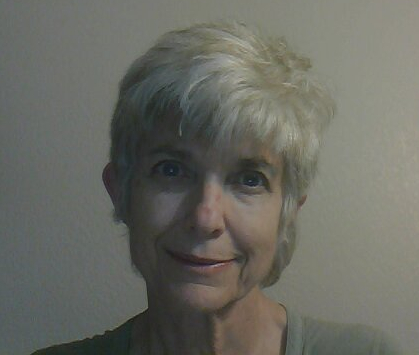In making his case to President Washington for the constitutionality of a central bank, which had been explicitly rejected at the constitutional convention, Hamilton invented the idea of "implied powers" of the Constitution. These were "powers" that were not expressly delegated to the federal government in the document, but could be "implied" by clever lawyers like Hamilton. This of course became a roadmap for the total destruction of constitutional limitations on the powers of the federal government. [Read more]I strongly recommend further reading on US history of banking and how the central bank scheme that was rejected by then current and potential users, was reborn in 1791 as the First Bank of the United States. The above source additionally relates:
It issued millions of dollars in paper money and demand deposits "pyramiding on top of $2 million in specie." The Bank invested heavily in the US government, and "The result of the outpouring of credit and paper money by the new Bank of the United States was ... an increase [in prices] of 72 percent" from 1791–1796.The bank's government charter was not renewed after its first 20 years, but it was resurrected after the War of 1812 (1817) and very soon afterward "ran into grave difficulties through mismanagement, speculation, and fraud," and "a wave of hostility toward the Bank of the United States swept the country", wrote James J. Kilpatrick in his book, The Sovereign States. As a consequence President Andrew Jackson vetoed the legislative bill to recharter the bank. Abraham Lincoln, held as the savior of "The Union" by so many (though he destroyed the voluntary nature of it), was a proponent of mercantalism (renamed the "The American System" by Alexander Hamilton, carried on by Henry Clay and then Lincoln), and consequently worked tirelessly to bring about central banking. This was achieved with the National Currency Acts of 1863 and 1864,
and there was a virtual explosion of government subsidies to railroads and other businesses that bankrolled the Republican Party. The inevitable consequence was the notorious corruption of the Grant administrations. [Read more]The Federal Reserve System born in 1913 as an improvement on the system begun during the Lincoln years, is no more free market than any of the other central banking arrangements before it. While its form is different it still has a government protected monopoly control over money.
There are twelve regional reserve banks concentrated in the East and in the Midwest. The board of governors of the Federal Reserve controls and coordinates their activities. The board is made up of seven members appointed by the president. Even though there were twelve regional banks, Wall Street soon ran the show. As president of the New York Fed, Morgan protégé Benjamin Strong seized control of the board's Open Market Committee operations. Strong would remain the dominant force at the Fed until his death in 1928.It is clear from a studied reading of US banking history that government has created the problems that you, Ann, and I, as well as so very many others, decry. However, your solution, Ann is another government program - even bigger and more controlling of the choices that those under that government's jurisdiction would be allowed to legally use.The Federal Open Market Committee, now based in Washington, directs the Fed's most important instrument of monetary policy: the purchase and sale of government securities on the open market. To increase the supply of money and credit, that is "to inflate," the Fed buys government securities from a few handpicked firms with newly created money. To tighten money and credit, the Fed sells securities. In this, it can act on its own discretion. [Read much more valuable information on the Fed's history and practices]
I understand, Ann, your intense desire to live in a society considerably better than the current; one in which you will be at liberty to meet your "[m]aterial needs, [c]onscious living, [c]reativity, and [c]aring" objectives - which I describe as maximizing your lifetime happiness, noted earlier as the purpose of each person's life. What is necessary for you to be able to do so, and for others also to accomplish this goal for themselves, all at the same time, is a society based on principles that make full use of the nature of human beings. The nature of human beings does not automatically lead to the conclusion that individuals must be ruled by others in order that there be orderly interactions between them. Society, just like any other natural system can be self-regulating by means of interactions between its members, if only humans are allowed to develop the methods by which such self-regulation can be effective, rather than the social system constantly being held in an unnatural (and very unoptimal) state of balance by the operations of its rulers and other influencers. Unfortunately, Ann, your ideas in "The banking system is not the economy: Painting a new picture" are for more government and less individual choice.
The idea of social self-regulation has been touched on by me and husband Paul Wakfer at OpEdNews.com in "Critique of 'Bio-Politics' Article: Argument for Societal Self-Regulation" which contains links to fundamental essays elsewhere. I very much hope that you, Ann, and all others who want (or may be currently only curious about) a society of individuals interacting to mutual benefit (each with the goal of maximizing hir lifetime happiness) will do a studied reading of the more in-depth discussion of this most important of subjects.
(Note: You can view every article as one long page if you sign up as an Advocate Member, or higher).





